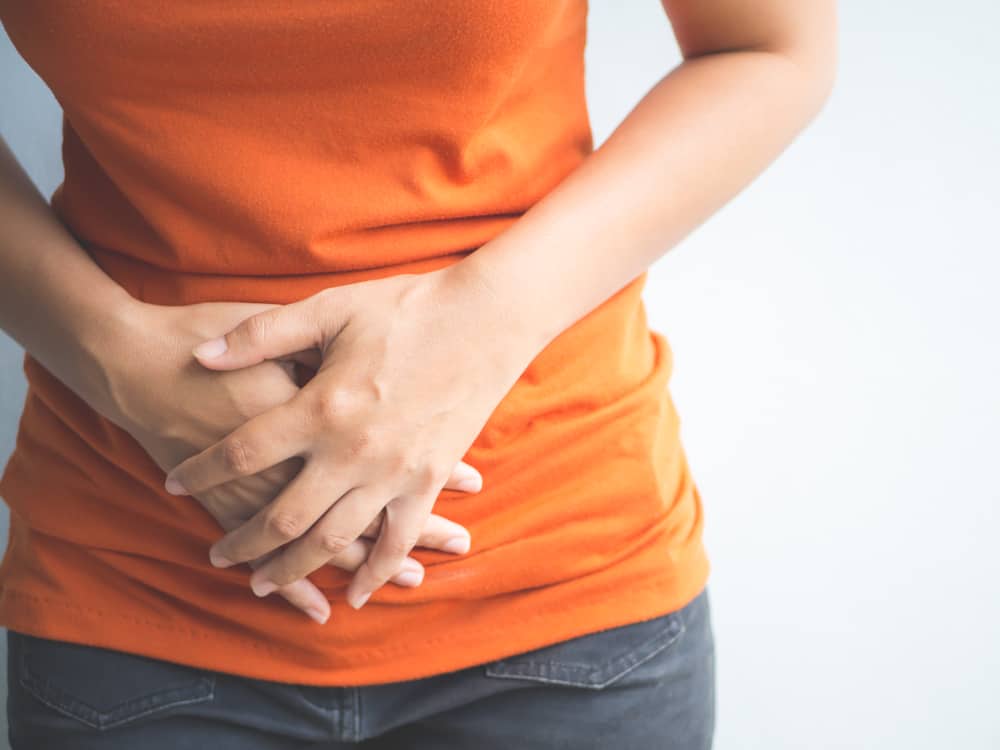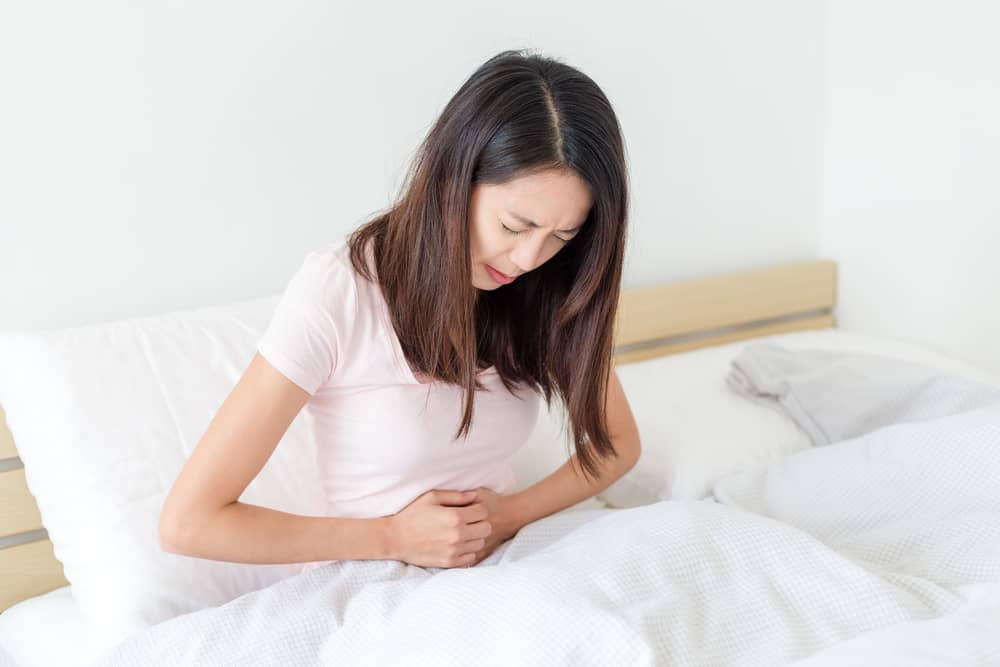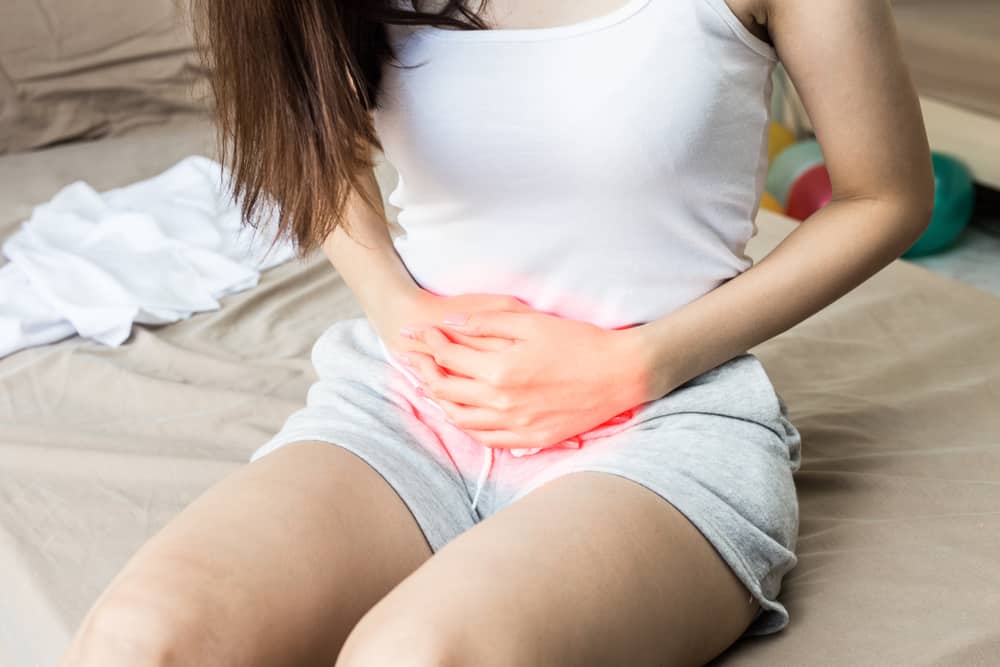Contents:
- Medical Video: Uterine Fibroids : What Causes Uterine Fibroids, Symptoms and Uterine Fibroids Surgery (Myomectomy)
- What is uterine fibroids?
- Signs and symptoms of uterine fibroids that should be noted by women
- 1. Abnormal bleeding
- 2. Pelvic pain
- 3. Pressure in the lower abdomen
Medical Video: Uterine Fibroids : What Causes Uterine Fibroids, Symptoms and Uterine Fibroids Surgery (Myomectomy)
The uterus is an important organ for women. That is why women must keep their uterus in good condition and healthy. Unfortunately, this important female organ turns out to be very susceptible to benign tumors or fibroids. Although sometimes it appears without symptoms, there are three important signs that can direct you to fibroid disease. What are the symptoms of uterine fibroids? Here's the explanation.
What is uterine fibroids?
In medical language, uterine fibroids are also called leiomyoma or myoma. Uterine fibroids are a kind of benign tumor that grows in the part of the uterus. Unwittingly, these fibroids can continue to grow slowly, from the initial size of peanuts to as large as small watermelons.
Until now, experts have not yet known the cause of uterine fibroids. Experts suspect this can be caused by hormonal factors or genetic factors.
Environmental conditions allegedly contributed to the growth of fibroids. Because, a number of studies have proven that chemicals that are spread in the surrounding environment can disrupt the estrogen hormone in women. This estrogen hormone can open up opportunities for tumor growth, including uterine fibroids.
According to the National Institutes of Health (NIH), about 80 percent of women ages 40 to 50 are prone to uterine fibroids, as reported by Healthline. That is, this one disease is quite rare in young women.
Even so, young women cannot feel free from fibroids. Especially for those of you who are obese, you are at risk 2 to 3 times more likely to be affected by fibroids due to excess weight, than women who are not obese.
Signs and symptoms of uterine fibroids that should be noted by women
The symptom severity of uterine fibroids depends on the location, number and size of fibroids. If the fibroid tumor is small, you may not experience any symptoms until the fibroid is enlarged. This is why, most women tend to complain of nothing, even though they actually have fibroids in their womb.
Once the fibroid continues to grow, the three symptoms of uterine fibroids will usually begin to appear, including:
1. Abnormal bleeding
Abnormal bleeding is one of the most common symptoms of uterine fibroids. All types of uterine fibroids generally cause excessive blood flow during menstruation. Because of the rapid flow of blood coming out, women with uterine fibroids can experience severe anemia.
However, the type of submucosal fibroids usually causes the most abnormal bleeding during menstruation. In fact, even small size of submucosal fibroids can make sufferers experience severe anemia due to bleeding.
If you experience a very heavy menstrual period from the previous months, then consult your doctor immediately to find out if this is due to fibroids or not.
2. Pelvic pain
Symptoms of easily recognized uterine fibroids are pelvic pain. Pelvic pain due to uterine fibroids consists of two types, namely cyclic and non-cyclic pelvic pain.
Cyclic pelvic pain is a type of continuous pelvic pain that is related to the menstrual cycle. Because fibroids are formed from the uterine smooth muscles, this will obviously interfere with blood flow during menstruation. This is why fibroids will cause abdominal cramps known as dysmenorrhea.
In addition to the pelvis, pain in the lower back can also indicate the growth of uterine fibroids. Because the growth of fibroids tends to suppress lower back muscles and nerves. Even sometimes, the pain will spread to the groin or upper thigh.
Uterine fibroids can also cause pain during intercourse or also called dyspareunia. However, this also depends on the location of your fibroid.
3. Pressure in the lower abdomen
The larger the size of fibroids will affect the shape and size of your uterus. The bigger the fibroids in the uterus, the automatically the shape of your uterus will enlarge.
An enlarged fibroid will suppress the organs in the lower abdomen, including the bladder. The bladder will be compelled to continue to "empty yourself" even though it has not been filled with urine. This is why women with uterine fibroids often complain of urinating more often.
In addition, fibroids also make the stomach look enlarged or swollen. This is because fibroids also suppress the rectum or large intestine. As a result, you also have difficulty defecating or even getting constipated. Defecation that is not smooth is what keeps the stool from accumulating in the large intestine and makes the stomach look bigger.
So, if you experience one or several symptoms of uterine fibroids, then immediately consult a doctor to get the right treatment.













